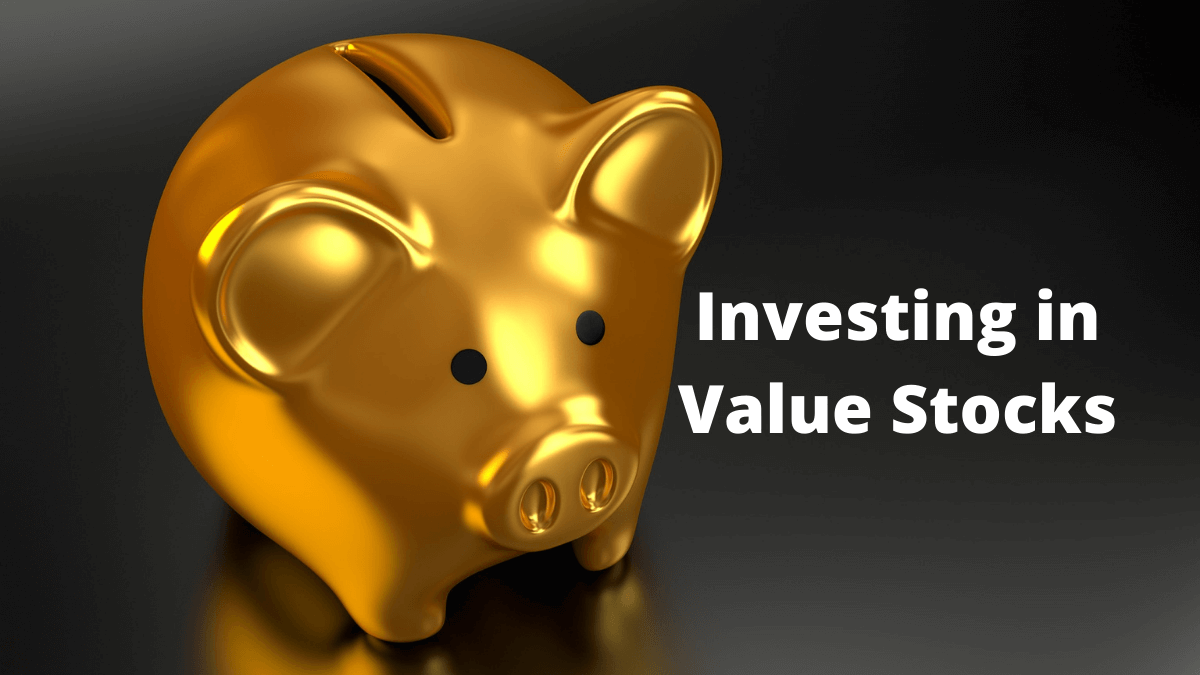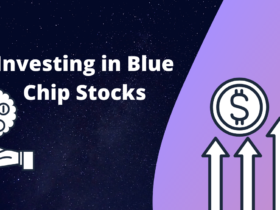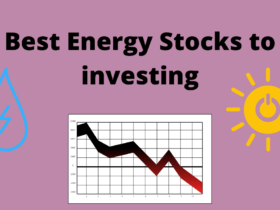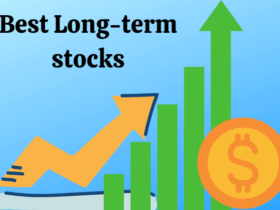Value investors want to buy shares for less than they are. This concept certainly makes sense – after all, if you could buy a $ 100 bill for $ 80, wouldn’t you do so as often as possible? Of course, this is easier said than done. Here’s an overview of what value stocks are, some excellent beginner-friendly value stocks and Finance Stocks, and examples of some key concepts and metrics that value investors should know.
What are value stocks?
Stock companies are publicly traded business companies for relatively inexpensive valuations relative to their income and long-term growth potential.
Here is an important concept for all investors to understand. Most stocks are generally classified as either value stocks or growth stocks. In general terms, stocks that are considered to be trading value stocks for valuations below that of the average stock in the S&P 500, while stocks with higher than average growth rates are considered growth stocks. Some stocks fit in with both properties or average valuations or growth rates, so to call them value shares depends on how many such stocks they have.
Value stocks usually some common characteristics. The value of stocks pay dividends, although it is not stone rule in a set.
How Value Investing Works
Everyday Value The basic concept behind the investment is clear: if you know the true value of something, you can save a lot of money when you buy it on sale. Most people agree that whether you buy a new TV on sale, or at full price, you are getting a TV with the same screen size and picture quality.
Stocks tend to work in a similar way, the company’s share price, which means when the change of the company’s value or assessment remains the same. Stocks, like televisions, go through a period of high and low demand leading to price fluctuations – but that doesn’t change what you’re getting for your money.
Just as the savvy shopkeepers argued, it makes no sense to pay the full price for a TV since the TV is for sale several times a year, savvy value investors believe that the shares hold the same Act like. Of course, unlike TV, shares will not go on sale at predictable times of the year, such as Black Friday, and will not be advertised in their selling price.
Price investing is the process of finding these secret sales on espionage stocks. And buying them at a discount compared to how the market values them. In return for long-term purchases and holding of these value shares, investors can be handsomely rewarded.
3 excellent value stocks for beginners
READ ALSO- What Is a Stock Exchange?
1. Berkshire Hathaway (NYSE: BRK.A) (NYSE: BRK.B):
Since CEO Warren Buffett took over in 1964, Berkshire Hathaway has transformed into large-scale stocks. Portfolio with a group of over 60 wholly-owned businesses and more than four dozen different positions. Berkshire has steadily increased its book value and income power over time – and is currently still the same business model that has led the stock to more than double the annual return of the S&P 500 for 55 years. Operates under.
2. Procter & Gamble (NYSE: PG):
Consumer products maker Procter & Gamble owns some of the most recognizable brands in various industries. This is the company behind brands such as Gillette, Tide, gentle, Crest, Febreze, and bounty, but its products are dozens more in the portfolio.
3. Johnson & Johnson (NYSE: JNJ):
The healthcare giant is best known for its consumer healthcare products, such as the Band-Aid, Tylenol, Neutrogena, Listerine, and Benadryl brand names, just to name a few. But most of its revenue comes from its pharmaceutical and medical device businesses. Healthcare is one of the most recession-resistant businesses in the economy, and Johnson & Johnson’s steady revenue (and dividend) growth over time produced growth.
Value investors
An important thing to understand for investors is the difference between the value of the stock and a value investor. Is a value stock may be a company applying traditional methods of fundamental analysis to that. A value investor, on the other hand, refers to someone with a primary investment objective of better identifying trading companies for a discount to their intrinsic value.
Long-term investors can generally be classified into one of three groups. Price investors try to find stocks trading for less than their intrinsic value by applying fundamental analysis. Growth investors try to find stocks with the best long-term growth potential relative to their current valuations. And investors who take a mixed approach make a little of each.
There went many famous value investors. Warren Buffett, Berkshire Hathaway’s chief executive, is perhaps the most famous value investor of all time and their intrinsic value but also significantly less stock and even a proven track record of investing in the companies. Proof performance: time that Buffett took Berkshire control in 1964. By the end of 2019, the S & P 500 generated a total return of 19,784%. He is not a typo.
His books The Intelligent Investor and Security Analysis read required for serious value investors. And Graham were the patrons of Warren Buffett.
READ ALSO- Top 10 Best Stocks








